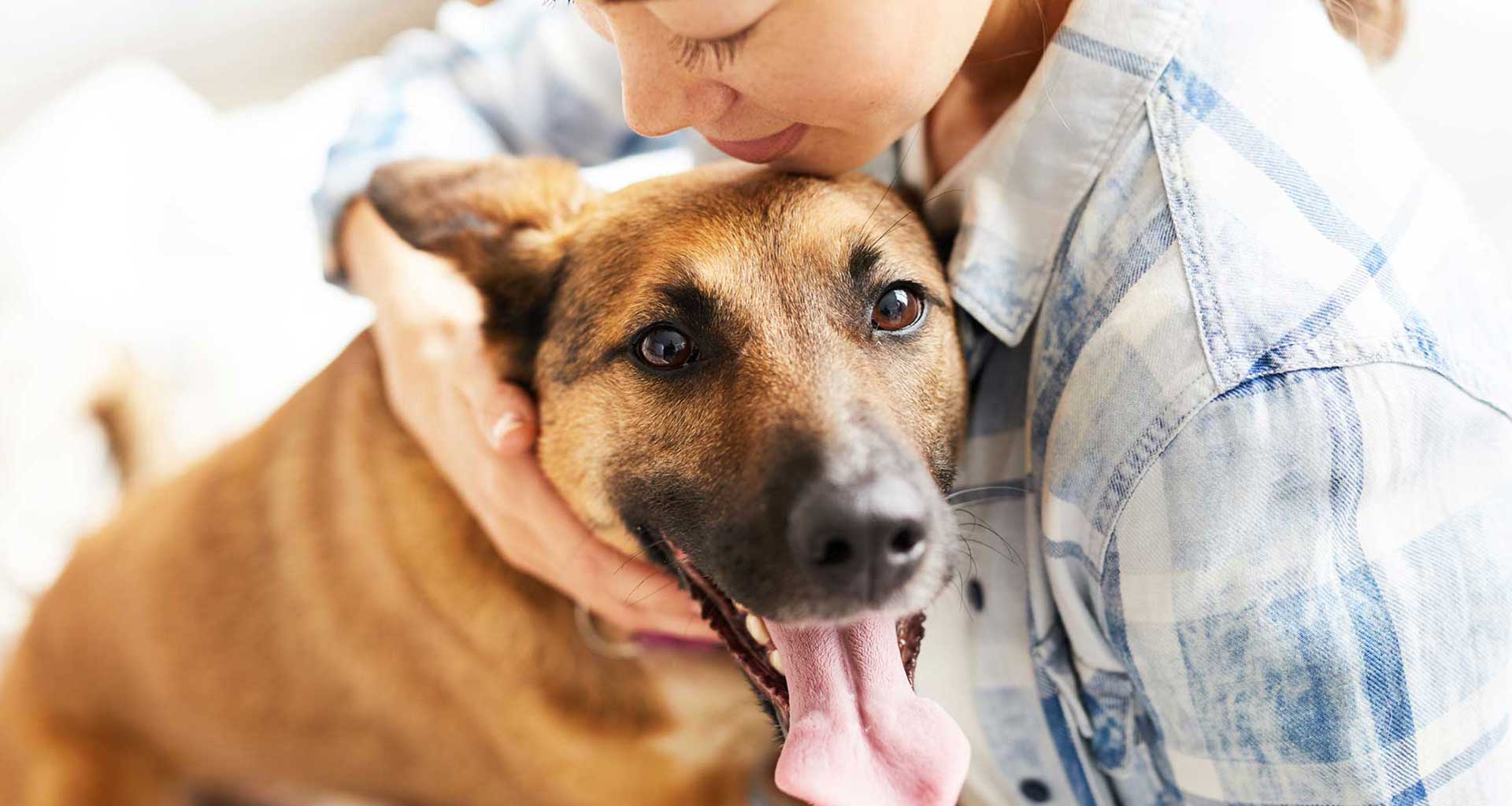Our grandpets; mature, worldly and the best cuddle buddies we will ever have the joy of meeting. However, what comes with this mature age, is a lot of extra TLC. As a pet parent, we will notice some changes in their daily routine, and they may begin to struggle with completing some activities, such as running up the stairs. With a few changes around our house and with our routines, we can help our senior pet through their later years, easier and more comfortably, to make sure they are getting the ultimate care that they deserve.
Top Tip 1: Keep that warm feeling
In their older age, our furry family members have some trouble maintaining their body temperature. They are sensitive to any changes in temperature, especially when it begins to drop. A trip to the shops may be needed to give them that extra bedding. It is best to consider purchasing something soft, cushioned and low. To provide some comfort, an old t-shirt or soft blanket with your scent could work perfectly to provide a sense of reassurance. A jumper or coat is vital for your pet, especially on a walk, to protect them against the cold, winter conditions.
Top Tip 2: Increase exercise and mobility
With their stylish and warm new coat, you will be able to take your senior pet on their winter walk. Getting out and about is still an integral part of their wellbeing. However, this is the time in their lives where you will need to decrease the intensity of their routine exercises. Rather than going to an off-leash park to let them run, we recommend finding a quiet and safe place to take your pet on a long walk. To keep their mind active, treats or puzzle toys are helpful to keep them engaged and confident. Through purchasing a collapsible or permanent ramp, you can assist your pet in getting upstairs, onto the couch or, in and out of your car. For your older feline friend, ensure you have a litter tray on both levels of your house to help ease the pressure on their joints by having to repeatedly go up and down the stairs.
Top Tip 3: Care for loss of hearing and vision
Be careful not to frighten your pet if you have noticed that they have been losing their hearing. You can cause them to become fearful and increase the possibility of a fall or accident. To reduce this risk, let people know about their loss of hearing, especially children, and be careful about approaching them from behind. If your senior pet has started to lose their vision, we recommend resisting the urge to change the set-up of your house. This is so that they can continue to move around with ease and again, ensure they do not cause any physical harm to themselves.
Top Tip 4: Check coat and skin condition
Grooming your pet regularly helps to prevent any mats from developing. This is also the perfect time to check if there are any skin conditions developing such as lumps and sores. Weather can also affect their coat, as they can begin to shed more than usual.
Top Tip 5: Stay alert to nutrition, teeth and gums
As your pet grows older and their health conditions change, so should their diet. Senior pets should eat food that is lower in calories and higher in fibre. The best way to determine the right food for your pet, would be to discuss your options with your veterinarian or veterinary nurse. Regardless of age, oral health is important for all animals. However, older pets can develop diseases more easily and quickly from poor oral health. Regular dental check-ups every six months, appropriate diet and brushing your pet’s teeth are the best ways to combat any dental disease.
Make sure you regularly book your pet in for their senior health check, as it is one of the most important parts in keeping your fur baby pain free, comfortable and at their best. This is the perfect time to discuss any concerns you have about your pet’s health with a qualified professional.


